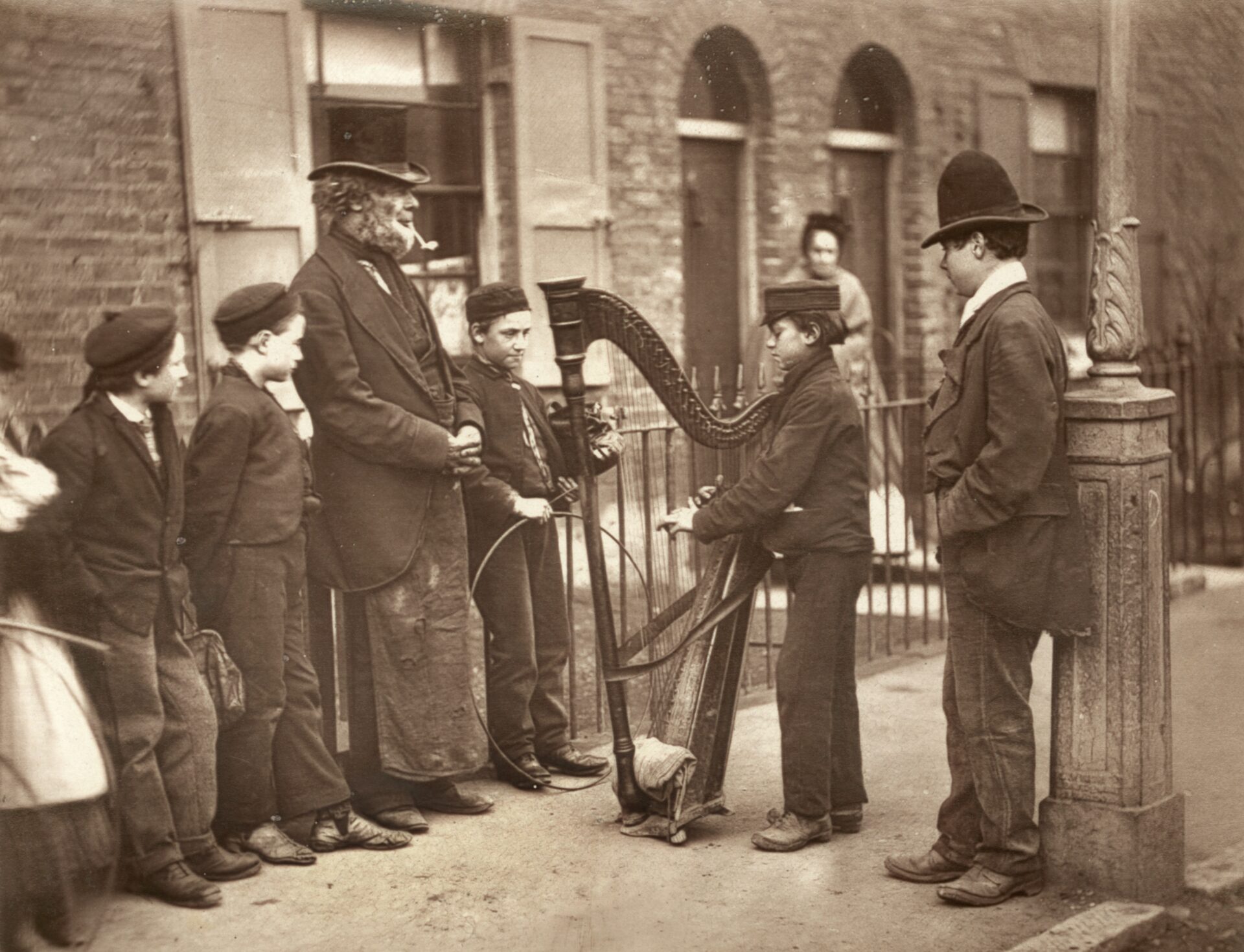Unlike Germany, Italy was in turmoil for much of its postwar period. In 1946 a plebiscite showed 54 percent of the voters in favor of a republic, which was therefore established. Some monarchists and fascists remained, but neither group influenced parliamentary politics to any great extent.
A strong Christian Democratic party (a Catholic party with a relatively liberal program) held power under a succession of leaders, with support from other groups. The government broke up large landed estates in the south to redistribute the land. A very strong Communist party, with which the larger faction of the Socialists was allied, offered a persistent challenge. In the early 1960s a series of complicated negotiations began a process called the apertura a sinistra the “opening to the left,” in which the Christian Democrats won over some Socialist support.
Italy’s economic growth between 1953 and 1966 was so remarkable that the Italians, too, spoke of an economic miracle. As In France, this growth was achieved with some government ownership and with much government regulation and planning. Membership in the Common Market gave Italian enterprise opportunities that it had never had before.
The grave problems of southern Italy, Sardinia, and Sicily were attacked by programs of investments, by providing jobs in the north or in Germany or Switzerland for the surplus workers of the south, and by old-age pensions. In the Italian balance of payments, an income of about $1 billion annually from tourists proved enormously important.
Italian fashions became popular throughout the world, further bolstering both the economy and the national sense of wellbeing. The Italian motion picture industry began to rival that of France and ultimately overtook the immediate postwar leader, Britain.
By the late 1960s Italian political stability began to crumble, in part due to severe internal political strains within the Christian Democratic party, and in part due to the uncertainty of the party’s relationship with its supposed partners, the Socialists. In part it was also due to the inflation that Italy was perhaps less able to bear than were the advanced industrial nations. Strikes occurred sporadically and unpredictably, and 1969 was marked by mass strikes.
The Italian bureaucracy was marked by no-show jobs, scandal, corruption, and pettiness. Economic mismanagement became evident in the 1970s. The Italian inflation rate soared; nearly 2 million Italians were unemployed. By 1974 Italy had a huge trade deficit and had to turn to the International Monetary Fund and to West Germany for credit.
The government was unable to restrain demands for wage increases, which ran at 30 percent annually, spurring further inflation in prices and overburdening the middle class. The Mafia, a centuries old alliance of secret criminal societies organized along feudal lines and particularly powerful in Sicily, began to show itself overtly in southern Italy. Terrorists openly attacked judges, teachers, journalists, and police officers in the streets.
In 1978 one group, the Red Brigade, kidnapped former premier Aldo Moro (1916-1978) and murdered him after the Italian government refused to negotiate his release. The universities were in chaos; students throughout the nation went on frequent and prolonged strikes, so that the ablest sought their education in other countries. Of all the nations of western Europe, Italy’s experiment with liberal democracy seemed most clearly on trial.
During this time the large Italian Communist party increased in size and organizing skills. In 1976 the communists polled 35 percent of the popular vote for the Chamber of Deputies. Led by Enrico Berlinguer (1922– 1984), the Communists declared their desire to enter into a coalition government with their former enemies and promised to abide by the constitution and to keep Italy in NATO.
The United States doubted the sincerity of these promises and supported those Italian leaders best able to block Berlinguer’s move toward power. But by entering into what it called a “historic compromise,” the Communist party won a new middle-class following. In 1978 the Communist party was granted equality with other parties in shaping government policies when it promised to support a national unity government.
Ministries continued to change hands with bewildering rapidity in Italy, the entire cabinet resigning in 1981 when it was revealed that many officials were members of an illegal and secret Masonic lodge. Scandals in banking and politics, the kidnapping of public officials, instability in leadership, and recurrent social unrest continued to plague Italy throughout the 1980s and 1990s.

